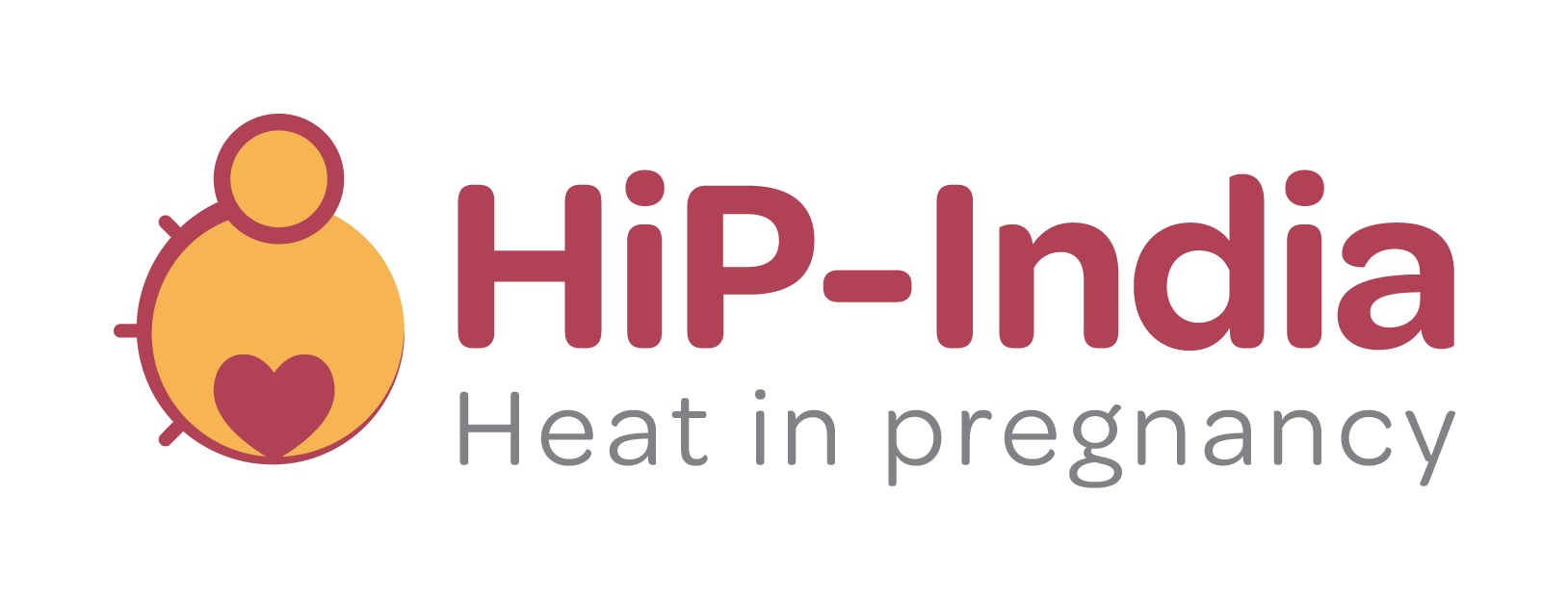LRF OCEHL is excited to be involved in this 5 year Welcome funded project led by Professor Jane Hirst, Imperial College London
As global temperatures rise due to the effects of climate change it is those living in poverty and in tropical climates that will be severally affected. Pregnant women living in these situations will be particularly vulnerable as extreme heat has been linked to preterm birth, fetal growth restriction, stillbirth and preeclampsia.
This study aims to describe the impact of extreme heat exposure and physiological responses in women across India.
Using state-of-the-art climate, imaging and laboratory diagnostics, the study will investigate how heat exposures affect maternal, placental, fetal and lactational function. Women’s lived experiences with heat will also be captured, identifying opportunities for local heat adaptation.
As findings emerge, we will bring together policymakers, researchers, clinicians and people living with heat to develop practical policies and actions that will protect women and their babies.
Lactation work package
Evidence shows us that heat stress affects lactation in dairy cattle resulting in reduced milk yield and decreased milk lipids and proteins and yet effects of heat exposure on human breastfeeding are unknown.
Delayed lactation onset is a major cause of neonatal weight loss and early breastfeeding cessation. Our study is therefore interested in the effects of extreme heat exposure around birth and whether this will delay lactation onset, affect milk composition and decrease serum prolactin.
Methodology
In a subset of around 100 women, we will measure:
Timing of lactation onset. Participants will self-report breast fullness daily on postpartum days 1 to 4. Using portable ion-selective electrodes, we will time the transition from colostrum to milk production.
Milk composition. The macronutrient composition of colostrum (collected on postpartum days 1-2), transitional milk (collected on postpartum day 4), and mature milk (collected on postpartum day 14) will be determined using a validated point-of-care mid-infrared spectroscopy-based human milk analyser.
Serum prolactin. Prolactin is the major lactogenic hormone and will be assessed before and after a breastfeed in participants with established milk supply at 14 days postpartum.



